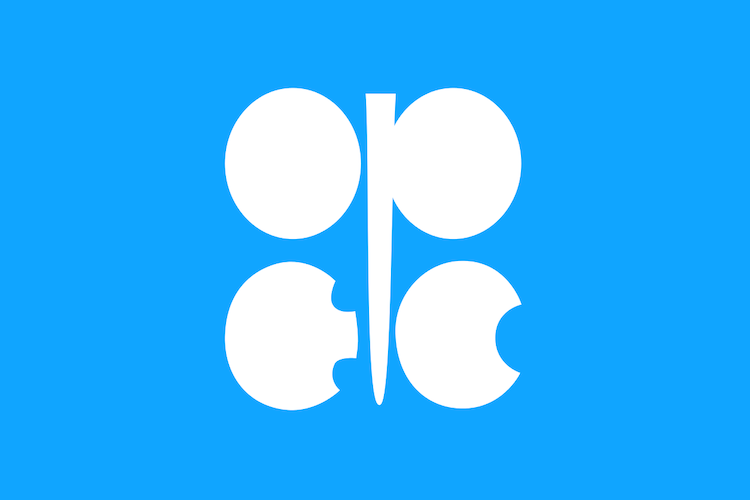

fetching latest news
News tagged in:

Experiencing higher than expected demand has compelled Petrobras to revisit its previous decisions. Brazilian state-run company will reverse its previously announced production cuts to meet the surprising growth in demand. The company said, "With demand for our products proving better than expected, we opted to gradually return average production to around 2.26 million bpd in April, while also increasing utilization rates at refineries".

Following Mexico's refusal, OPEC+ on Easter Sunday agreed upon 9.7mn bpd of production cut. “These production adjustments are historic. They are largest in volume and the longest in duration, as they are planned to last for two years", said OPEC's Secretary-General. This decision has brought hope for the African oil producers giving them a financial boost. NJ Ayuk welcomed the decision declaring it a home run by OPEC.

After more than nine hours meeting on Thursday, OPEC and its allies have settled for historic agreement with an exception. The group has decided to take 10 million barrels per day off the market to which Mexico hasn't given the consent. The statement by OPEC read "agreed by all the OPEC and non-OPEC oil-producing countries participating in the Declaration of Cooperation, the agreement is conditional on the consent of Mexico".

Houston based Apache Corp. has informed about its natural gas production cut in the Permian Basin. This step has been taken for an extended period of time because of the sharp pricing discounts led by pipeline shortages in the region. Apache will reduce its production by 250 million cubic feet per day. Chief Executive of Apache said, "This is the proper approach from both an environmental and economic perspective".

Oil prices dropped about $1 on Thursday with a probability that decreased supplies from Venezuela and Iran could provoke OPEC to slow down the output cuts since 2017. OPEC and oil industry sources have informed Reuters that OPEC members may lift output in June to compensate for reduced supply from crisis-hit Venezuela and Iran, following which production cuts could be eased "softly".

As prices trade near $80/bbl, the Saudi Energy Minister has said that OPEC and its allies would gradually revive crude output in the second half of this year, contrary with the decision to restraint supplies and boost prices. This move will ease consumers’ anxiety to a great extent. Oil’s surge to a three-year high puts pressure on the world economy and further draws political heat from major consumers, particularly US.

Despite achieving the objective of rebalancing world oil markets, OPEC and Russia seem quite determined to continue with production cuts. However, the primary reason for this seems to be unsteady, a new priority- to encourage firms to invest more in future supply. Some analysts view this as a pretext for prolonged strategy that keeps oil prices as high as possible.

According to the United Arab Emirates (UAE) Energy Minister, the global agreement on curbing the oil output has mitigated 85% of the oversupply problem. The international economy is benefiting from the supply cuts. The minister feels that the cuts may affect the drilling costs, completion costs but overall, the effect will be trivial on the oil prices.

In the midst of heightened supply in the US and strengthening dollar, oil has hit its lowest level in three weeks. Against this backdrop, OPEC continues to trim output and it is expected that the organization will do all that it takes to preserve oil market stability. The enhanced dollar strength will push crude lower and for certain, will act as a headwind for oil.

ConocoPhillips CEO Ryan Lance expressed that OPEC needs to embrace its role to keep markets stable as the world baffles on oil prices. Further he added, “They have to remain disciplined; they have to keep trying to take the volatility out of the equation," while acknowledging that the rapid growth of U.S. shale was “part of the problem" challenging the rally in the oil market.

Oil output plummeted in the UAE; it dropped 70, 000 bpd from January, a subject matter expert observed. The cut is the biggest since UAE reduced production in alignment with the OPEC’s decision to restrict production in order to control the global glut. UAE’s average compliance with its cuts which improved to 117% in January from 103% in December, according to IEA.

Oil is set for its first monthly decline owing to increasing fears over booming US Shale supply. An industry report revealed that US oil inventories spiked last week. Also, the head of OPEC plans to meet shale producers in Houston at a time when America is pumping at record levels threatening OPEC’s efforts to curb a global glut.